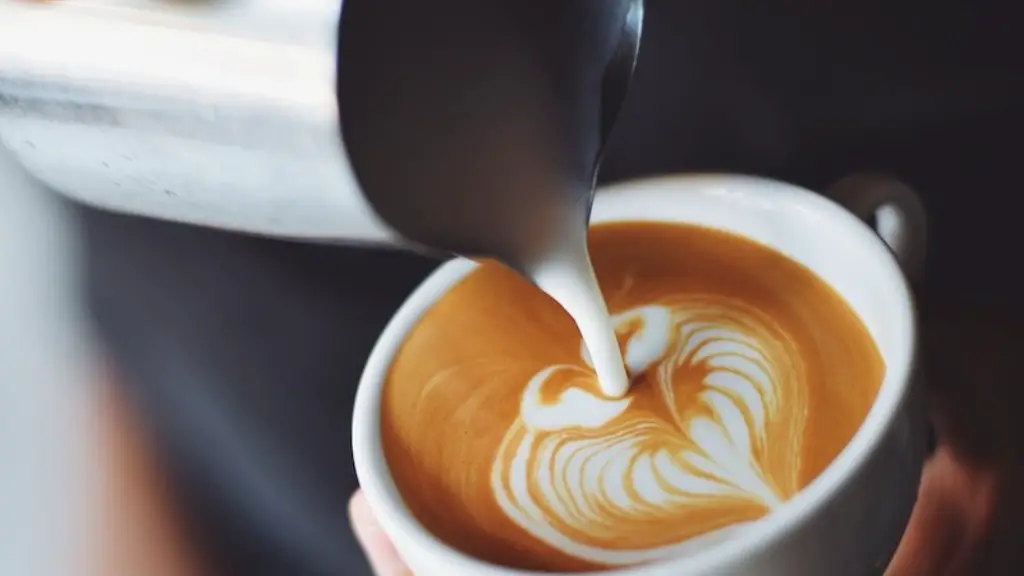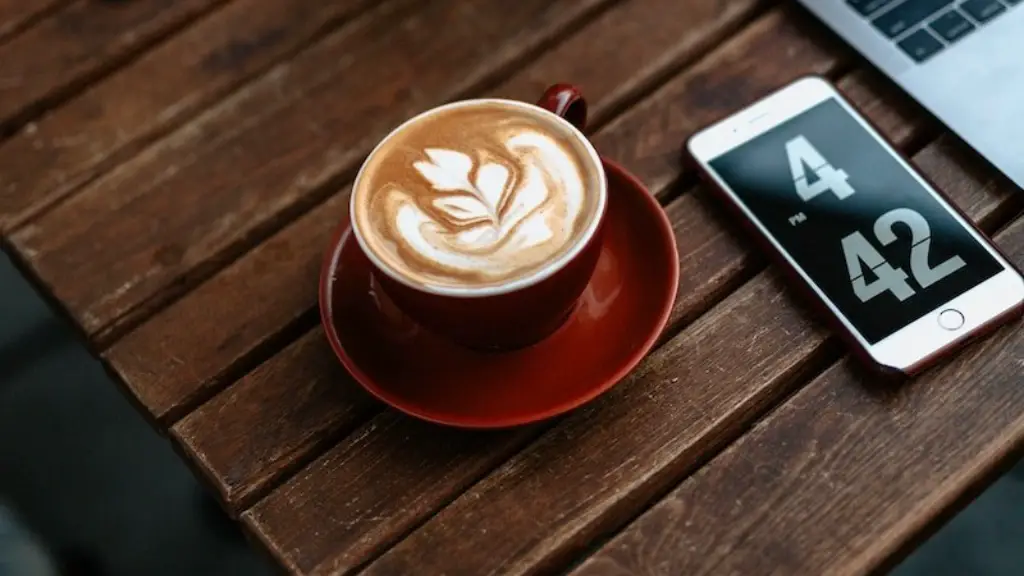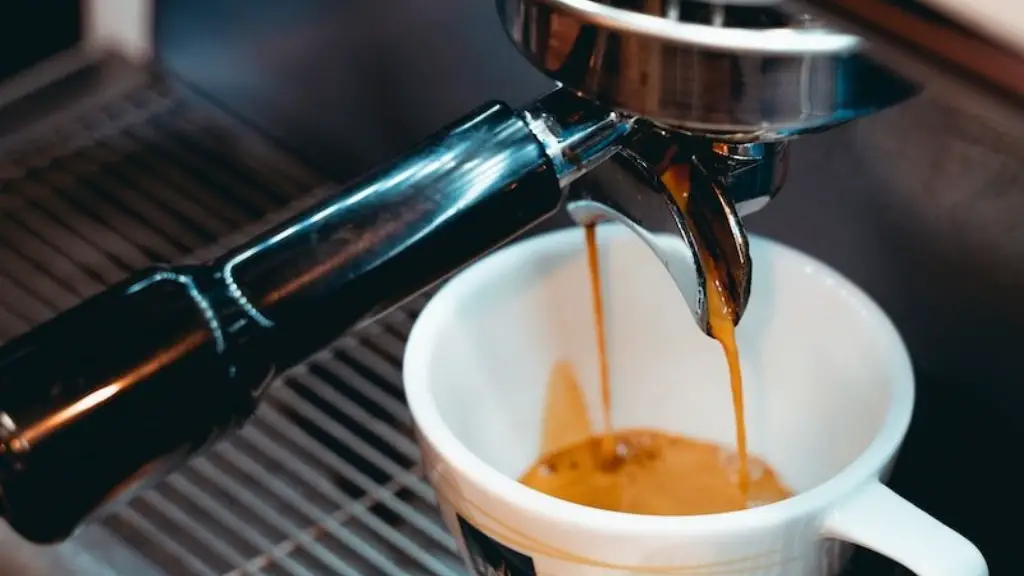The world of coffee is vast, but which drink contains the most caffeine? People have long believed that espresso packs the highest caffeine content but this is not always the case. Several variables such as the brewing method, size, and ingredients of drinks can affect the amount of caffeine in a cup. It is important to know the caffeine content of each drink, as too much caffeine can disrupt a person’s sleeping or lead to other health issues.
A single shot of espresso has an average of 63 milligrams of caffeine, according to the Center for Science in the Public Interest. For comparison, a small brewed coffee has around 95-125 milligrams which is higher than a shot of espresso. This is because espresso is more concentrated, with more flavor and richness that a regular cup of brewed coffee. In addition, the brewing method also contributes to the caffeine content. For instance, cold brew coffee typically has less caffeine than regular coffee as grounds are steeped in cold or room temperature water.
Coffee shop drinks, such as cappuccinos, lattes, and macchiatos, vary significantly in terms of caffeine content. This is due to the ingredients and the amount of shots used when making the drink. A single shot of espresso is used for various drinks and these drinks can contain doubled shots or even more, which leads to higher caffeine content. For instance, a double latte can have around 145 milligrams of caffeine, while a triple latte can contain around 195 milligrams of caffeine.
It is worth noting that third wave coffee shops, such as Starbucks, often use double and even triple shots for all drinks. Thus, it is important to ask for the nutrition information when ordering in a coffee shop. According to the experts at Lifehacker, if you are looking for a drink that contains the most caffeine, cold brew coffee or espresso shots can be the option.
The caffeine content in any coffee drink can also depend on the type of beans used, such as Arabica and Robusta. The latter tends to contain more caffeine than the former, which explains why espresso shots contain higher levels of caffeine than regular brewing. This means that if Robusta beans are used in making a cup of hot brewed coffee, then that drink can contain as much caffeine as espresso shots.
Similarly, the type of milk used in cappuccinos and lattes can also affect the caffeine content. Almond milk and other plant-based milk options have a higher fat content and higher foam, which can lead to a lower caffeine content when a foam-topped espresso-milk drink is prepared. On the other hand, skim or two per cent milk typically results in higher caffeine content due to its lower fat content.
Coffee Alternative
An amazing caffeine alternative to coffee is yerba mate. This traditional South American beverage has about 85 milligrams of caffeine per 8-ounce cup, which is similar to the amount of caffeine found in a cup of coffee. Yerba mate also contains unique plant compounds such as quercetin and theobromine, which add to its antioxidant and health-promoting benefits.
Best time to drink
For caffeine-sensitive people, the best time to drink coffee is in the morning about an hour after waking up. This is the ideal time for consuming high-caffeinated beverages when the human body is naturally craving an energy boost. It is also important not to forget to stay hydrated to stay alert and focused throughout the day.
Precautions
It is important to be aware of the fact that too much caffeine can lead to several adverse effects such as insomnia, anxiety and even heart palpitations. Experts recommend consuming no more than 400 milligrams of caffeine a day, that’s the equivalent of four cups of brewed coffee or two venti-size drinks from Starbucks. So, it is important to pay attention to the caffeine content of drinks when drinking coffee or other caffeinated beverages.
Alternative Drinks
Most people tend to limit themselves to coffee for their daily dose of caffeine but there are several caffeine alternative drinks available such as Matcha Green Tea, Green Tea and Chrysanthemum Tea. Matcha Green Tea has about 70 milligrams of caffeine per cup, which is the same as black tea. Green Teas typically have slightly lower caffeine content than Matcha, with about 55 milligrams of caffeine a cup, while Chrysanthemum Tea has the lowest amount at 20 milligrams per cup.


